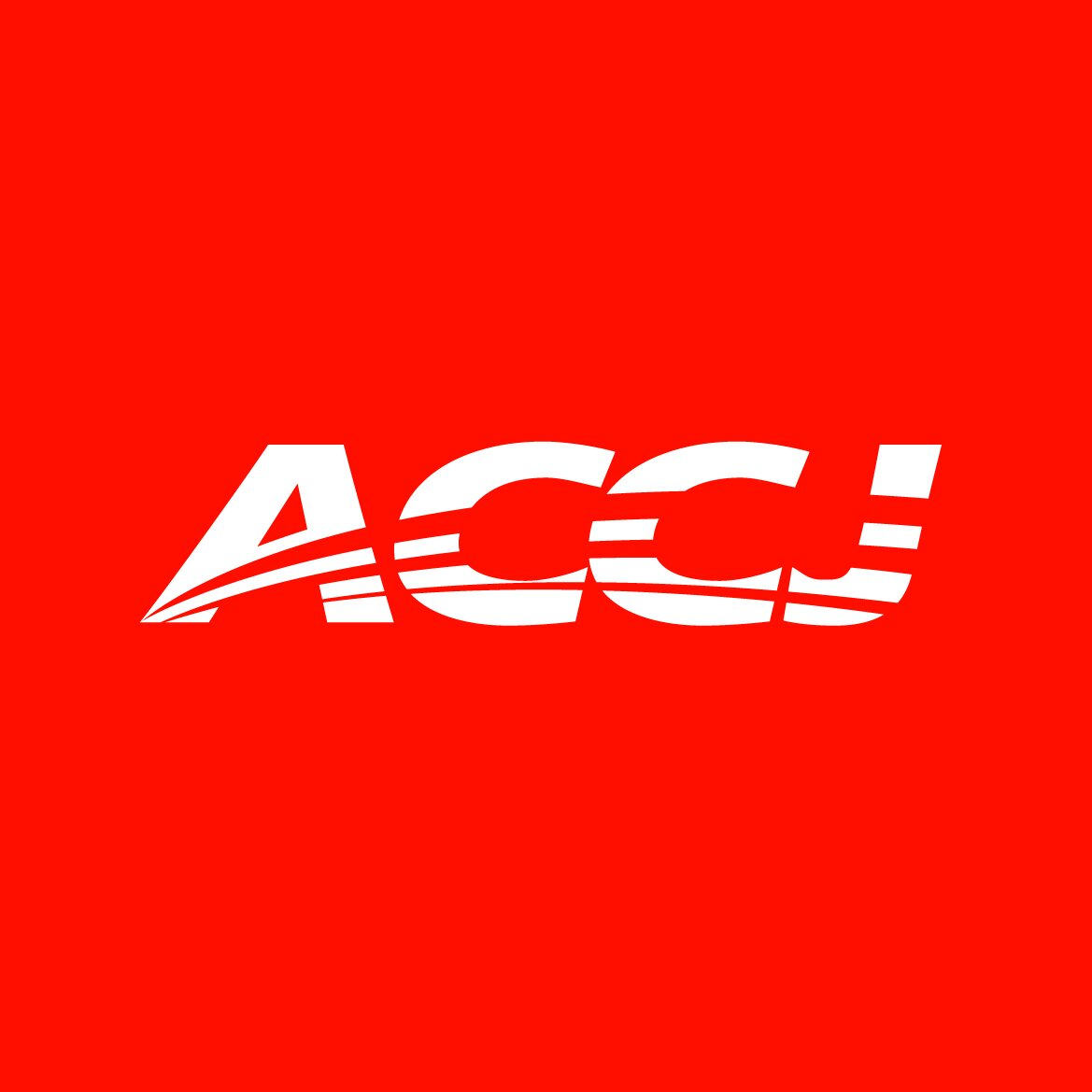ACCJ Hybrid Event Guidelines
The ACCJ is committed to providing a safe member experience as well as access to all ACCJ meetings and events in-person, virtually, or in hybrid form.
In line with the Government of Japan’s reclassification of COVID-19 as a Class 5 disease on May 8, 2023, the ACCJ is no longer requiring members and guests to have received a COVID-19 vaccination in order to attend ACCJ events. Full changes to guidelines listed below.*
In line with the recent Government Guidelines in effect as of March 13, 2023, masking is no longer required at events held at the ACCJ office. We ask that you please be respectful to those who make a choice that may differ from yours.
GUIDING PRINCIPLES
These five guiding principles underpin the development of the ACCJ event offering:
• Health and safety - of members, staff, and community based on scientific, credible, and expert guidance
• Low cost to members - commitment to maintaining low member fees
• Options for members - to provide committee leaders choices
• Accessibility - options that improve access and equity across membership
• Flexibility - to ensure that protocols can be adjusted as risk fluctuates
EVENT DELIVERY METHODS
*Updates to the Consent Form as of May 2023:
• Removed the vaccination requirements to attend ACCJ events;
• Removed requirement to refrain from attending if they are close contacts;
• Removed requirement to inform the ACCJ if they are infected with COVID-19 within 5 days of attending an ACCJ event;
• Removed masking protocols while eating/drinking; and
• Changed the number of days requesting members refrain from attending ACCJ event after contracting Covid or displaying symptoms from 10 days to 7 days
Registration Guidelines
All attendees will be asked to read and agree to the ACCJ Event Registration Consent Document at the time of registration.
All attendees must follow ACCJ’s procedures and provide certifications required by ACCJ’s then-current protocols for in-person participation. Please refer to the ACCJ Event Registration Consent Document for the current protocols.
No walk-ins or substitutions will be permitted on site.
Disease prevention measures
Follow protocols specified by the venue as to masking and other sanitary measures
Stay home if you are unwell, have been near others who are unwell
Use well-ventilated areas
Venue Protocols to Apply
ACCJ events will follow the guidance of the venue regarding safety measures, who will be responsible for following the then-current prefectural government guidelines.
NOTE: Event protocol may vary for Kansai and Chubu Chapters based on Executive Committee decision
Registration Guidelines - DETAILS
Members will be asked to agree to a consent statement when registering to an event. If a member is bringing a guest, the member will be responsible for ensuring that their guests understand and comply with the terms of the consent statement. To review the contents of the consent statement, click here.
Attendees may be asked to take temperature before arriving at the event venue. If temperature is over 37.5 °C, or the attendee is displaying symptoms, such as fever, fatigue, difficulty in breathing, dry cough or exhibiting any other symptoms relating to COVID-19, attendee may not come to the event.
If cancellation occurs after the registration deadline, the full attendance fee will be charged to the member’s account.
Members and guests who do not comply with the ACCJ safety measures will be asked to leave the event.
Member guests will be allowed and must adhere to the same protocols and requirements as members. Members will be required to share contact information for their guests and will notify them of our protocols.
RISK LEVELS AND RESPONDING ACTIONS
State of Emergency (SOE)
ACCJ will not hold in-person or hybrid events when a state of emergency (SOE) is in effect for any of the central prefectures: Tokyo, Kanagawa, Saitama or Chiba in the case of Tokyo Chapter events; Aichi, Mie or Gifu prefectures in the case of Chubu Chapter events; or Osaka or Hyogo prefectures in the case of Kansai Chapter events.
Quasi-state of Emergency (まん延防止) (QSOE)
ACCJ may hold in-person or hybrid events when a quasi-state of emergency (まん延防止) (QSOE) (but no SOE) is in effect in all prefectures in the respective region.
1. If the prefectural government guidelines permit dining subject to specific numerical limitations, ACCJ may hold events that follow those guidelines (e.g., limiting the number of participants per table to that figure).
2. ACCJ may also choose to hold in-person or hybrid events without food or beverages being served.
3. Attendees need to be fully vaccinated at least two weeks prior to the event and to submit a consent form to that effect.
No State of Emergency or Quasi-state of Emergency
In-person or hybrid events may be held without restriction in the event that there is no SOE or QSOE in effect in any prefecture in the respective region. ACCJ shall follow prevailing protocols for events in relation to masking, social distancing and other precautions.
In the event of a change in public health conditions, the decision whether to cancel or postpone an event scheduled during a QSOE shall be made by the Executive Director consulting with the President, or if the President is unavailable, the IAAC Chair. Such decision shall take into account the totality of the circumstances, including the venue and the number of anticipated participants, the difficulty of scheduling a particular speaker at such event and the costs and inconvenience to ACCJ and the participants.
References:
新型コロナウイルス感染症の5類感染症移行後の対応について (Response after the transition of Corona virus to Category 5 infection disease- Japanese only)
https://www.mhlw.go.jp/stf/corona5rui.html
3月13日~5月7日の「マスクの着用」の考え方について
https://www.fukushihoken.metro.tokyo.lg.jp/iryo/kansen/corona_portal/link/kihon/mask.html
マスクの着用について
https://www.mhlw.go.jp/stf/seisakunitsuite/bunya/kansentaisaku_00001.html
(Updated on 5/18/2023)

